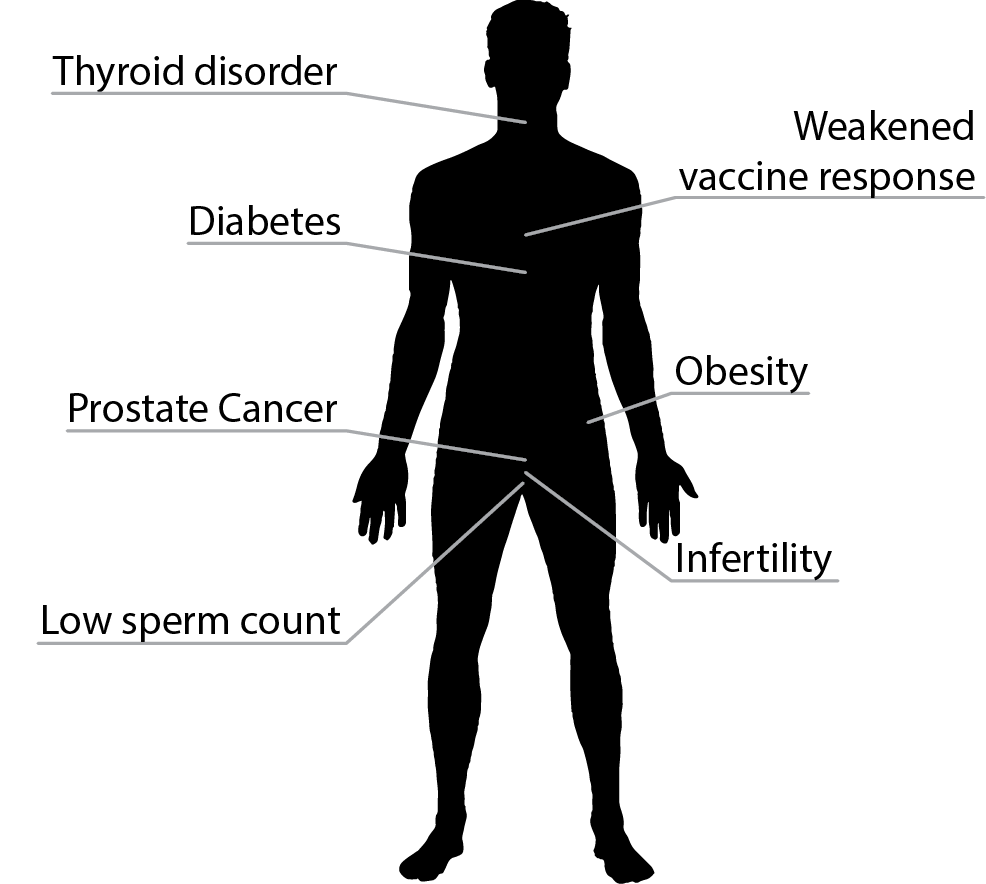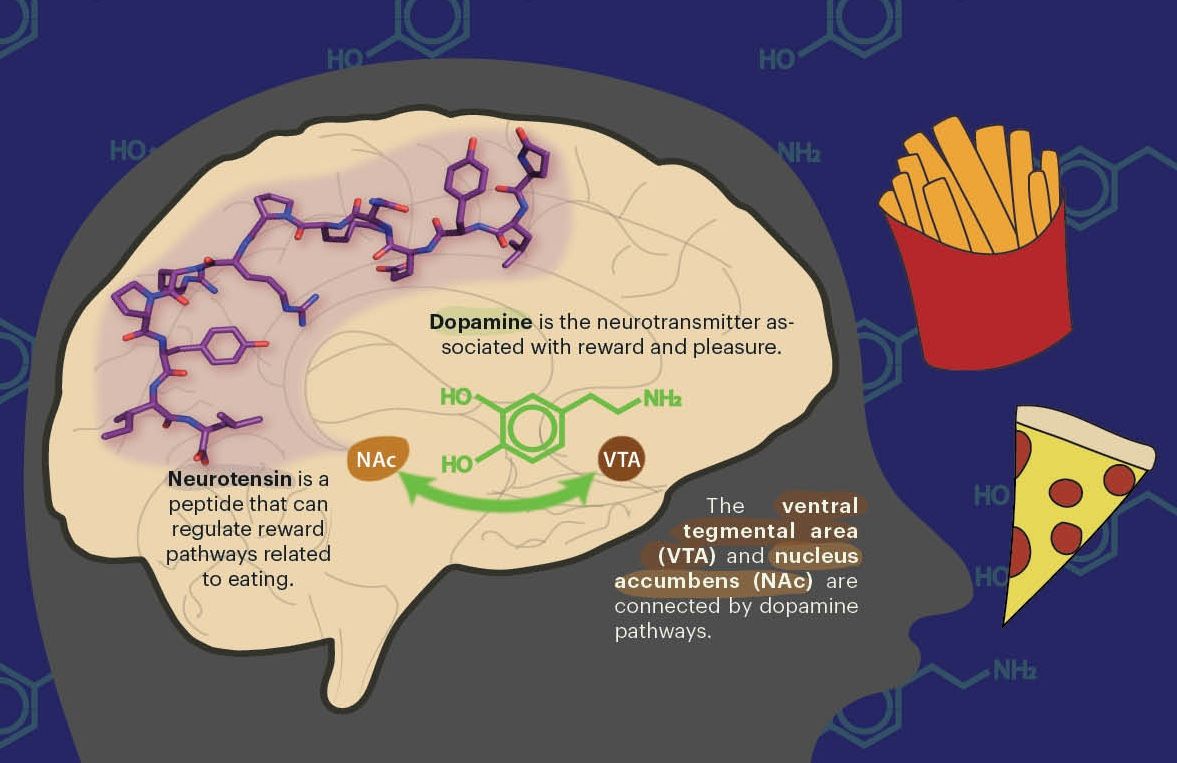No birds and bees with the EDCs
Plastic products are everywhere, and we’re constantly exposed to the chemicals that make plastic so useful. Many plastics contain endocrine-, or hormone-, disrupting chemicals (EDCs), such as bisphenol A (BPA), which commonly lines food and drink containers. EDCs can alter fertility with chronic exposure, but acute effects are not well studied. Polina Lishko's lab in UC Berkeley’s Department of Molecular and Cell Biology recently studied the effects of four EDCs on male fertility. They focused on di-ethyl hexyl phthalate, or DEHP, a chemical found in shower curtains, dolls, and medical tubing. DEHP exposure occurs through ingestion, inhalation, or skin absorption. It’s so ubiquitous that 98 percent of the US population has detectable levels of DEHP in their urine, some at alarmingly high concentrations.
The team, led by graduate student Liliya Gabelev Khasin, discovered that short exposure to physiological levels of DEHP has detrimental effects on male fertility. By fertilizing mouse sperm and eggs in a dish, Khasin found that DEHP-exposed sperm have an impaired ability to penetrate the egg’s protective layers. Furthermore, they found that this insufficiency is caused by the sperm’s overproduction of damaging radicals. Khasin points out that, despite other varied reasons, “environmental toxins such as DEHP are a major factor” in the recent drop in fertility worldwide.
While there are still many unknowns regarding DEHP exposure, free radicals, and infertility, this study brings awareness to the impacts of EDC-containing plastics. “It’s very difficult to avoid plastic consumption in modern life, but we should reduce it to a minimum,” Khasin insists. “Our goal was to increase awareness and hope that the regulation around DEHP will become more stringent, similar to the removal of BPA from kids’ toys.”
 Impacts of exposure to EDCs on males. Routes of exposure include inhalation, ingestion, and contact with skin.
Impacts of exposure to EDCs on males. Routes of exposure include inhalation, ingestion, and contact with skin.
plasticfree #reproduction #fertility #sperm
This article is part of the Fall 2020 issue.






